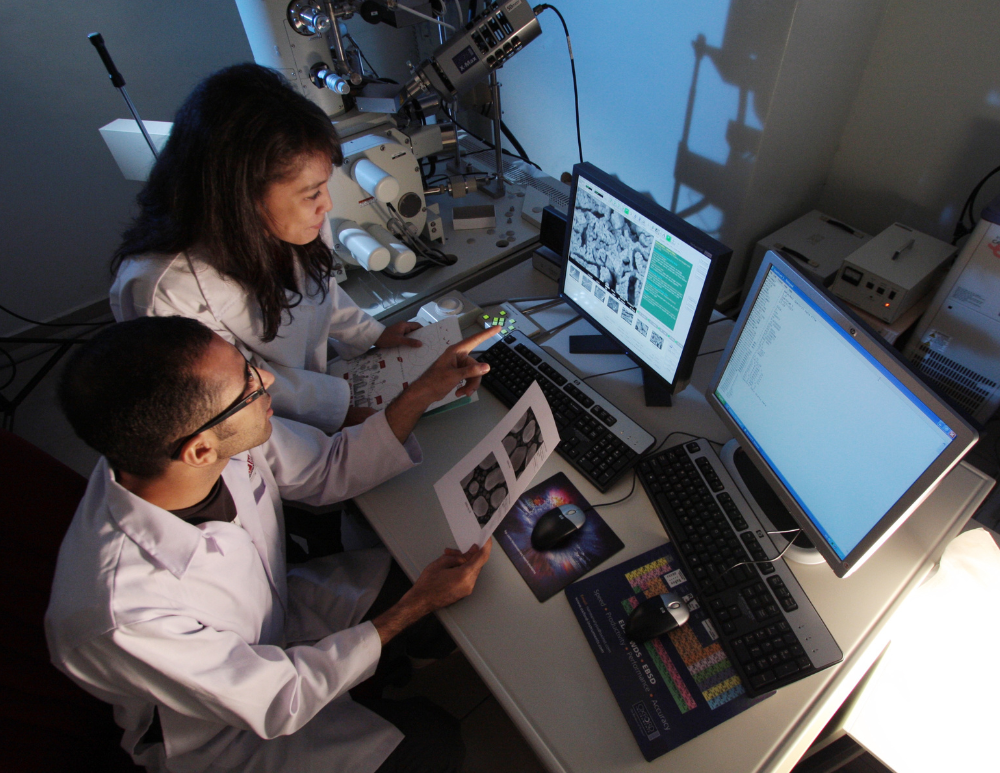Who We Are
Discover IYCG Technologies: Your Trusted IT Partner
At IYCG Technologies LLC, we specialize in innovative IT solutions that drive success for clients across diverse sectors, ensuring technology meets their unique needs.
Our dedicated team combines technical expertise and creative prowess to deliver exceptional results, fostering long-term partnerships built on integrity and trust.




Our Expertise
Comprehensive IT Services Tailored for You




Why Choose Us?
Experience unparalleled service that prioritizes your business needs and drives impactful results through technology.
Our Performance at a Glance
+
Over 500 successful projects delivered over the last five years, showcasing our commitment to excellence and client satisfaction.
%
94% of our clients report improved efficiency and growth after implementing our IT solutions, reflecting our impactful approach.
